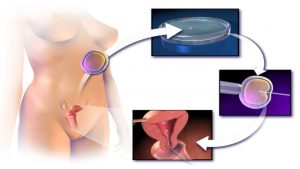Endocrine system – Control and Coordination CBSE Biology Class 10 Science lesson by by Soma Mukhopadhyay. CBSE Biology Class 10 Science lesson Endocrine System SuccessCDs Education ( https://www.youtube.com/successcds1 ) is an online education channel focused on providing education through Videos as per CBSE, ICSE and NCERT syllabi upto Class 12 (K-12) for English, Maths, Hindi, Science,Social Science, Sanskrit and other subjects. Also visit our Channel for Entrance Exams in India FAQs & Application Process, GK & Current Affairs, Communication Skills Our website ( https://www.successcds.net ) is one of the leading portal on Entrance Exams and Admissions in India. Follow us: https://www.facebook.com/SuccessCD https://google.com/+successcds https://twitter.com/entranceexam https://twitter.com/successcds https://www.youtube.com/successcds1 https://www.youtube.com/englishacademy1 About this Video: ENDOCRINE SYSTEM IT IS ALSO CALLED THE HORMONAL SYSYTEM. IT OFTEN OPERATES IN CO ORDINATION WITH NERVOUS SYSTEM. CHARACTERISTICS OF HORMONES : The hormones are secreted in small amounts by the endocrine glands. The hormones are poured directly into the blood and carried throughout the body by blood circulatory system The hormones have their effect at the sites different from the sites where they are made. So, they are also called chemical messengers.. The hormones act on target organs. The hormones coordinate the activities and the growth of the body. The excess or deficiency of hormones has a harmful effect on our body. DIFFERENT ENDOCRINE GLANDS PRESENT IN THE BODY HYPOTHALAMUS GLAND AND PITUITARY GLAND The pituitary gland is a pea-sized gland located in the center of the skull. The pituitary gland acts as a master controlling gland, releasing a number of hormones that activate other glands. Hypothalamus gland is present in the brain. Hypothalamus produces ‘releasing hormones’ and ‘inhibitory hormones’. Hypothalamus controls the pituitary gland. PINEAL GLAND OR THE VESTIGIAL ORGAN The pineal gland which is present in the brain has no such function. Pineal gland is supposed to be a vestigial organ. ( Vestigial organs are those organs which no longer function.) The thyroid gland, located in the neck, secretes the hormone thyroxine. Thyroxine increases body metabolism, in which food is broken down and converted into heat and energy. The parathyroid glands are four small glands located in the neck behind the thyroid gland. These glands secrete a hormone that regulates the body’s use of calcium and phosphorus to maintain healthy bones. Parathyroid hormone also affects muscle contraction and the conduction of nerve impulses. Thymus gland lies in the lower part of the neck and upper part of chest. Thymus gland secretes thymus hormone which plays a role in the development of the immune system of the body. The pancreas is a long, narrow gland located in the abdomen behind the stomach and beneath the liver. The pancreas secretes insulin, a hormone that regulates the body’s use of sugar The adrenals are two small glands, each located on the top of one kidney. The adrenal glands releases the hormone epinephrine, which speeds up heart rate and increases blood pressure to help the body cope with emergencies. And also releases hormones that control the level of salts and water in the blood and help regulate the use of sugar. It also secretes small amounts of male sex hormones, or androgens, in both males and females. Males have sex glands called testes that secrete androgens, male sex hormones. In addition to contributing to male sexual characteristics, androgens contribute to the production of sperm and the development of the prostate gland. Females have sex glands called ovaries that release hormones called estrogens. These hormones contribute to the development of female sexual characteristics, including skin, hair, and breast development. Estrogens work with certain pituitary hormones to control the menstrual cycle. Also See Other Science Lessons Central Nervous System – (Control and Coordination) CBSE Biology Class 10 Science https://youtu.be/oHgg4S9xIiA Control and Coordination in plants CBSE Class X Science Lesson https://youtu.be/85GnMnN91PM background Music danosongs.com Also See Playlist – CBSE Class X Science Lessons https://www.youtube.com/playlist?list=PL9vL8QnJ37pIcbCcbjmPekDkj5SjWfqOa
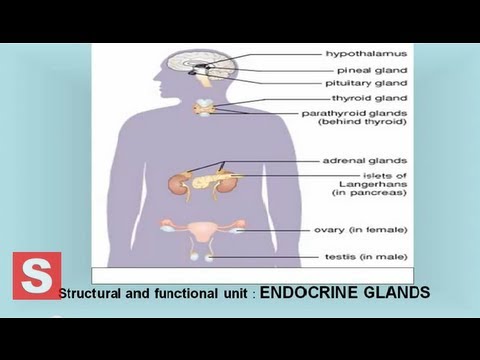
Endocrine system – Control and Coordination CBSE Class X Science ( Biology) Lesson
- Post author:
- Post published:May 7, 2021
- Post category:Uncategorized
- Post comments:0 Comments
You Might Also Like

What are examples of carbohydrates? and What are Carbohydrates?
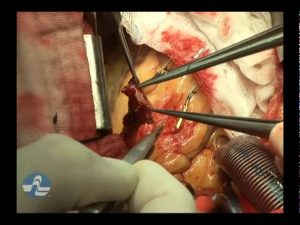
Heart Disease Treatment DVD – Bypass surgery – Preview

The Health Benefits of a Vitamin B Complex (Comprehensive Review)
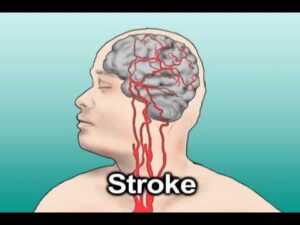
Hypertension and Stroke (Health Tip)
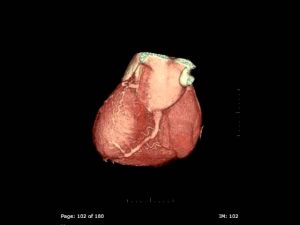
3D Heart on a Cardiac CT scan

What do you eat when you have diarrhea and vomiting ? | Better Health Channel

Fitness motivation – The Aesthetic Era, here to stay

Shiatsu Video – 2

Step Ups – Tutorial

Overhead One Arm Dumbbell Triceps Extension

Target INNER Pecs – 3 Flat Dumbbell Chest Exercises

Overweight & Obesity Video – 12

Skating Video – 1

Geriatric Physiotherapy Video – 13

BodySpec Mobile DEXA Scan

No More “Love Handles” (NO BULLSH*T!)
![Read more about the article Physical and Lab Findings of Liver Cirrhosis [UndergroundMed]](https://videos.drmaheshkumar.com/wp-content/uploads/2021/06/Physical-and-Lab-Findings-of-Liver-Cirrhosis-UndergroundMed-300x169.jpg)
Physical and Lab Findings of Liver Cirrhosis [UndergroundMed]

Overweight & Obesity Video – 18

First Aid Video – 4

1. What is Muscular Strength and How to Improve It

♥ 3 Best Exercises For Increasing Blood Flow & Circulation To Your Legs – by Dr Sam Robbins

Past Life Regression Video – 4

Step Up-1

Upper Body BODYBUILDING Routine

Abductor-5
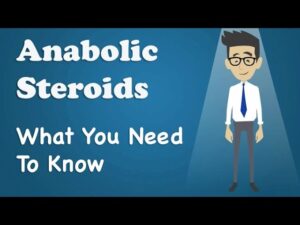
Anabolic Steroids – What You Need To Know
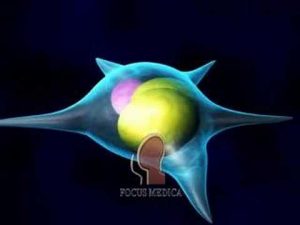
Insulin Resistance

Hypotension (Low Blood Pressure) : Causes, Symptoms, Diagnosis, Treatment, Prevention

Dehydration nutrition Video – 1
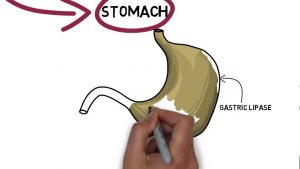
Lipid Catabolism

Behavioral Psychology Video – 1

Muscular Strength Asanas Video – 5

Spa Treatments Video – 4
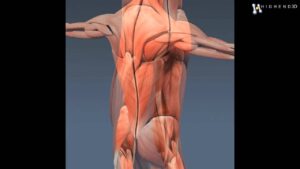
Human Male and Female Complete Anatomy – Body, Muscles, Skeleton, Internal Organs and Lymphatic 3D M

What Type of Protein Is Best For Weight Loss? – Dr.Berg

What is Infertility

Dieta do Glucagon

12 Exercises To Change Your Life
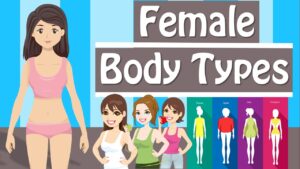
Female Body Types And Body Shapes Different Body Types Women Have

Structure And Growth of Hair

Clinical Neurophysiology Video – 2
